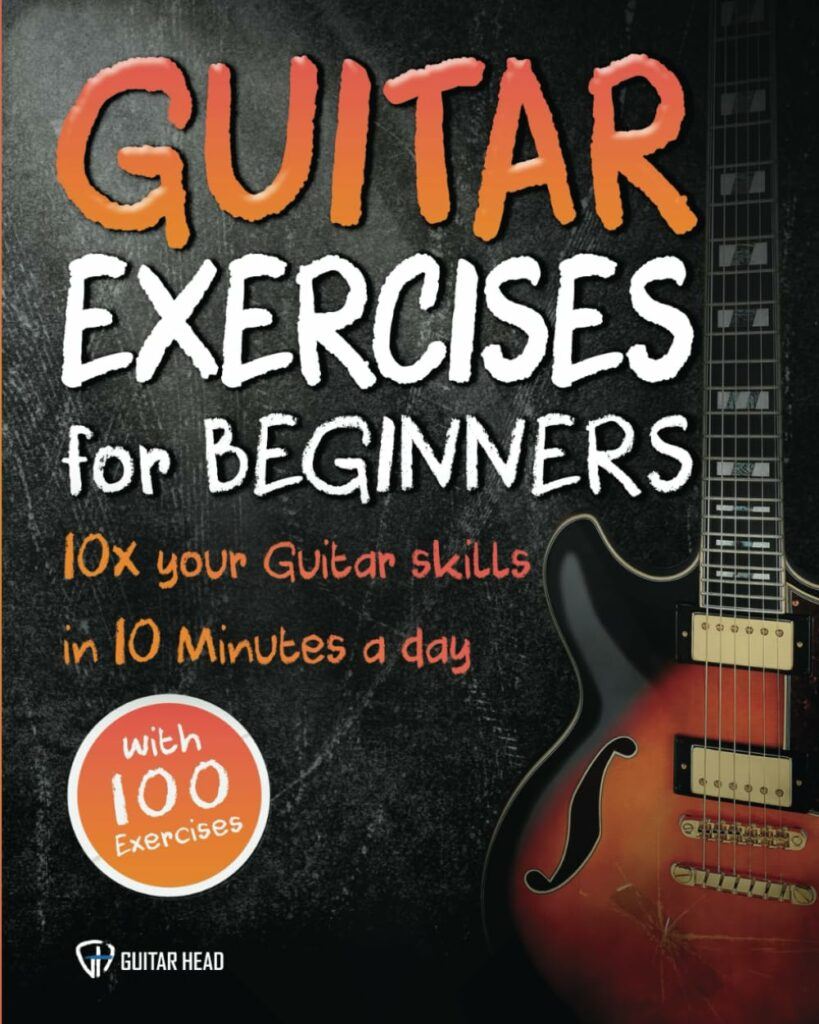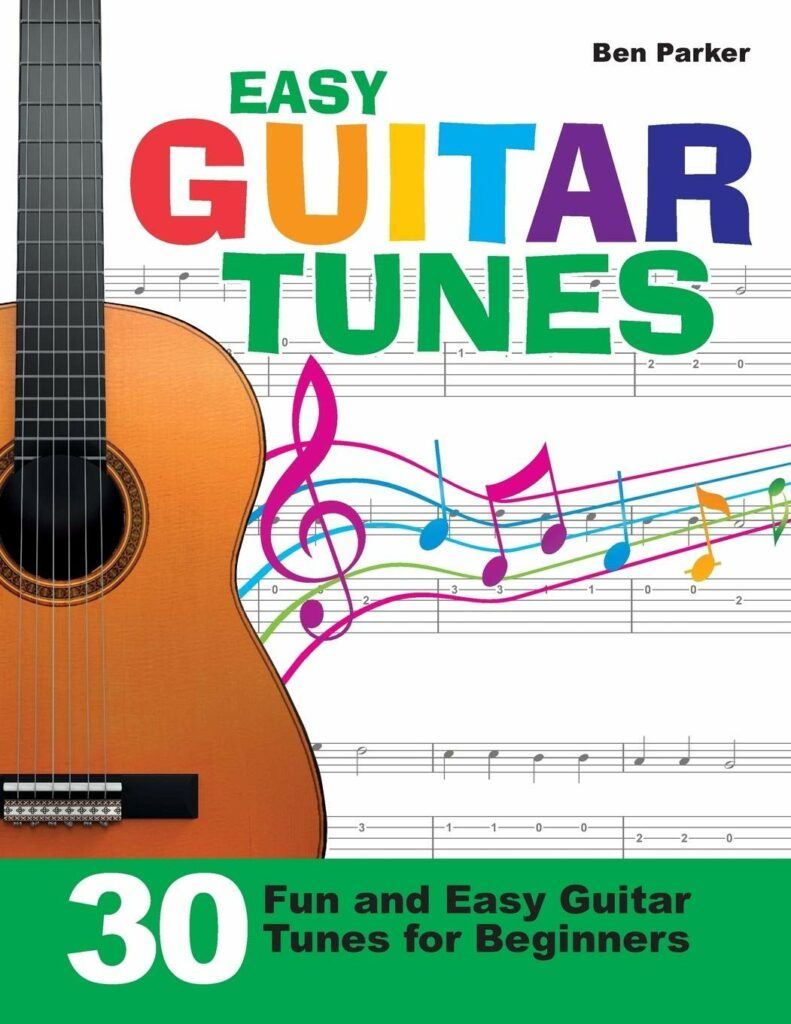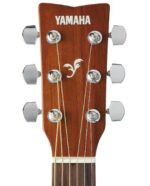Learning to play the guitar later in life can be a fulfilling and rewarding experience, regardless of your age. In fact, many people over 60 are discovering the joy of picking up the guitar and embracing music. In this article, we will address some common questions about learning to play the guitar after the age of 60, as well as offer guidance and encouragement for those who are thinking about starting.

1. Is 67 too old to learn guitar?
No, 67 is definitely not too old to learn the guitar. In fact, it’s a fantastic age to start learning because you may have more free time and patience compared to when you were younger. Many people in their 60s and 70s have successfully learned to play guitar, proving that age is not a barrier to learning.
The key is to set realistic goals, start with the basics, and enjoy the process. Whether your goal is to strum along to your favorite songs or challenge yourself with more advanced techniques, it’s never too late to begin.
2. Is 75 too old to learn guitar?
Absolutely not! There are many examples of people in their 70s and beyond who have taken up the guitar and learned to play well. Starting at 75 can be just as rewarding as starting at any other age. Learning an instrument at this age can keep your mind sharp, improve hand-eye coordination, and provide an excellent creative outlet.
In fact, studies have shown that learning new skills in later years, such as a musical instrument, can help improve cognitive function and memory. So not only is 75 not too old, it might actually be the perfect time to start!
3. How long does it take to learn guitar?
The amount of time it takes to learn guitar depends on several factors, including how much you practice and the level of skill you want to achieve. For most beginners, it may take a few months to get comfortable with basic chords and simple songs.
If you practice for 15-30 minutes each day, you can expect to:
- 1 to 3 months: Learn basic open chords and strumming patterns.
- 3 to 6 months: Start playing simple songs and improve chord changes.
- 6 months to a year: Become more confident with different strumming techniques, barre chords, and perhaps even soloing.
The important thing is to practice consistently and focus on gradual progress rather than worrying about how long it takes.
4. Can you learn to play guitar without reading music?
Yes, you can absolutely learn to play the guitar without reading music. Many guitar players learn by using tablature (tabs), which is a simpler notation system that shows you where to place your fingers on the fretboard. Tablature is easy to understand and allows you to learn songs without needing to read traditional musical notation.
Additionally, many online guitar tutorials and videos show chord diagrams, making it easy to follow along without having to read music. While learning music theory and notation can be helpful down the road, it is not necessary to start playing the guitar.
5. Can I teach myself to play guitar?
Yes, many people teach themselves to play guitar using a variety of resources, such as:
- Online lessons: Platforms like YouTube, Guitar Tricks, and Fender Play offer step-by-step tutorials for beginners.
- Books: Guitar method books with chord charts, songs, and techniques are widely available and easy to follow.
- Apps: Guitar learning apps, such as Yousician, provide interactive lessons that help you track your progress.
The key is to stay motivated, set achievable goals, and practice consistently. Teaching yourself guitar is very doable, especially with the vast amount of free and paid resources available online.
6. Do you have to memorize chords to play guitar?
Yes, learning to play guitar involves memorizing chords, but the good news is that many beginner songs only require a few basic chords. Once you memorize common open chords, such as G, C, D, E, and A, you’ll be able to play a wide variety of songs.
As you progress, you’ll naturally memorize more chords and their shapes. Practicing chord changes and playing along with songs will help you build muscle memory, making it easier to remember and play chords without much thought.
7. Is it necessary to sing while playing guitar?
No, it is not necessary to sing while playing guitar, especially if you don’t feel comfortable doing so. Many guitar players focus solely on the instrumental aspect and don’t sing at all. However, learning to strum while singing can add an additional layer of enjoyment to your playing, and it’s a great way to practice rhythm and timing.
If you do want to sing along while playing guitar, start by practicing simple songs with easy chord progressions. Gradually build up your confidence in coordinating both singing and playing. But remember, playing the guitar by itself can be just as rewarding, and singing is entirely optional.
Conclusion
Learning guitar at any age, including after 60, is not only possible but also incredibly fulfilling. Whether you are 60, 67, or even 75, you can start learning guitar and enjoy the process of developing new skills. The key is to be patient, practice regularly, and have fun with your learning journey. With the availability of online resources and easy-to-follow tutorials, you can even teach yourself to play without needing to read music or sing. Ultimately, the hardest part is starting, but once you begin, the joy and satisfaction of playing guitar will make it all worth it.







